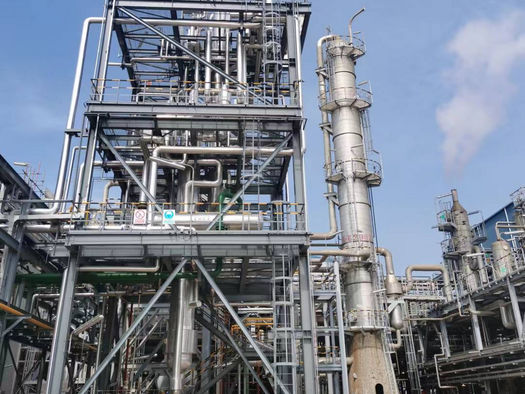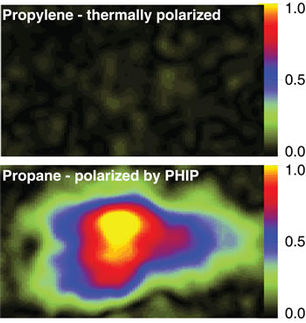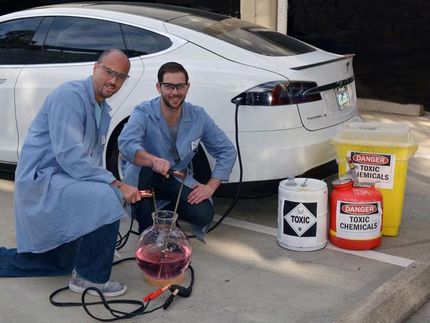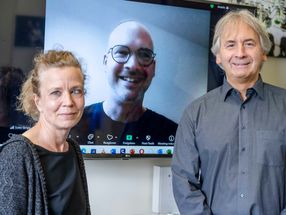Rhodia's 3rd scientific symposium focused on the skills and technologies of the future
New processes for the future was the subject of the third International Scientific Conference organized by Rhodia at the Ecole Normale Supérieure in Lyon, France, held from July 15 - 17. A forum dedicated to the sharing of ideas and open discussion, this year's meeting was attended by nearly 200 people from 20 different countries-researchers, academics, manufacturers and students-who came to share the experience of 20 international experts.
Three major topics were the subject of lectures, debates and roundtable discussions:
* The frontiers of engineering in different applications:
Today, the specialty chemical industry is confronted with unconventional and complex scientific challenges given the need for innovations to be economically competitive and constantly shrinking lead-times to bring to market more efficient products with increasingly leading-edge properties.
At the heart of the conference was the first major topic of discussion, "Chemical Engineering At The Frontiers"-or the pooling of complementary skills and the need to pave the way to new multidisciplinary approaches.
* The rapid design of equipment tailored to specialty chemistry:
The second challenge discussed was the revolution in technology. Cross-fertilization between different disciplines such as computer science and microelectronics will, in time, certainly take full advantage of the fantastic progress achieved in miniaturization. It will be possible to develop rapid, cost-effective methods for gaining access to process data, anticipate the rational development of technologies and speed up the pace of a product's manufacturing time in order to satisfy market demand.
* The development of intelligent processes that are both safer and less polluting:
An essential feature required to satisfy the need for speed in bringing innovations to market, the technological revolution will have to adopt the same priorities as the sustainable development approach, developing processes that are both intrinsically safer and less polluting.
These innovations in research and processes will pave the way to new forms of production, to new structures and even a new type of factory, the so-called "factory of the future."
Most read news
Organizations
Other news from the department science

Get the chemical industry in your inbox
By submitting this form you agree that LUMITOS AG will send you the newsletter(s) selected above by email. Your data will not be passed on to third parties. Your data will be stored and processed in accordance with our data protection regulations. LUMITOS may contact you by email for the purpose of advertising or market and opinion surveys. You can revoke your consent at any time without giving reasons to LUMITOS AG, Ernst-Augustin-Str. 2, 12489 Berlin, Germany or by e-mail at revoke@lumitos.com with effect for the future. In addition, each email contains a link to unsubscribe from the corresponding newsletter.
Most read news
More news from our other portals
Last viewed contents

Direct conversion of carbon dioxide into bulk chemicals and liquid fuels
Weyl points: Wanted for 86 years
Centre de Documentation, de Recherche et d'Expérimentations sur les Pollutions Accidentelles des Eaux (CEDRE) - Brest, France






























































